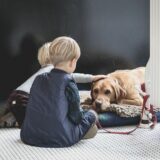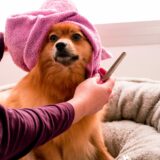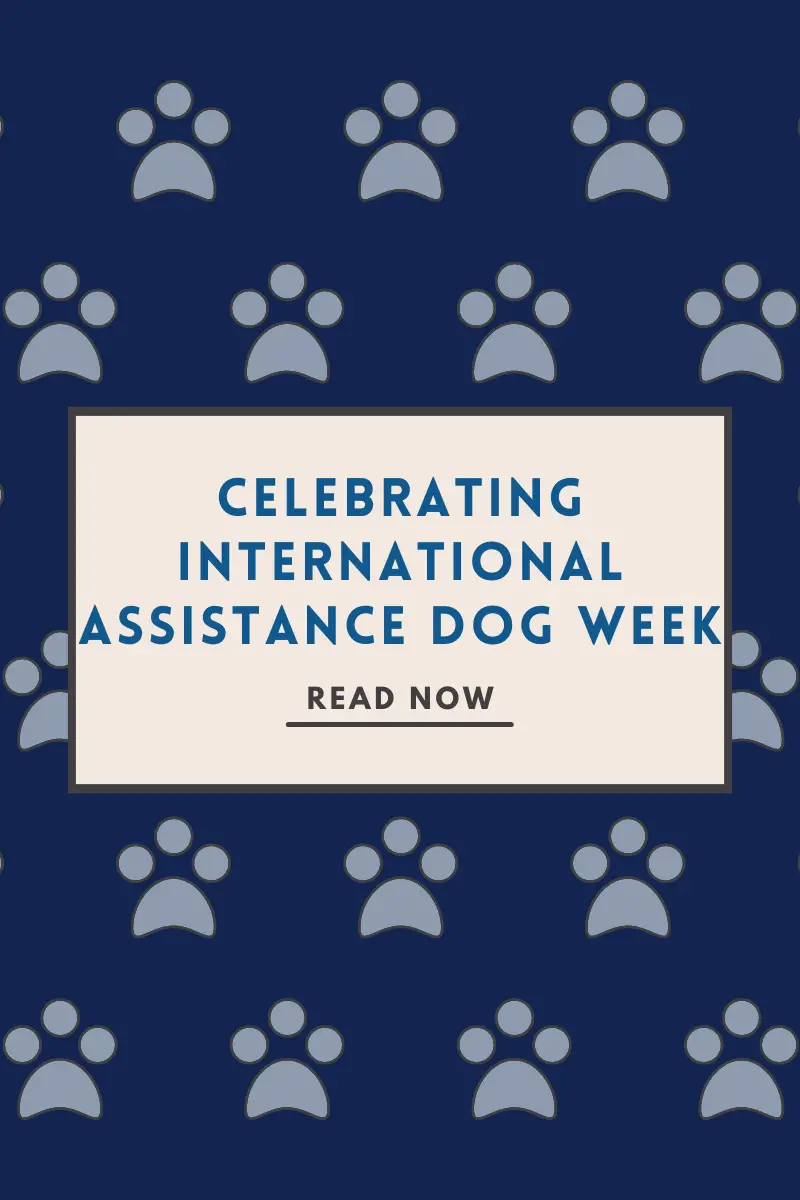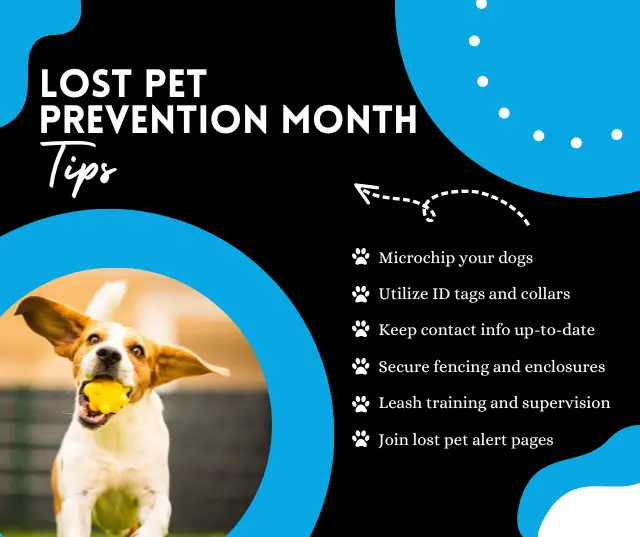If you’re considering owning a Neapolitan Mastiff, you may be aware of its reputation for being a massive and imposing breed. These dogs are strong-willed and need proper training and socialization to ensure they become well-adjusted and obedient members of the household. A well-trained Neapolitan Mastiff is not only important for their safety but also for the safety of those around them.
In this blog post, we’ll explore the importance of training your Neapolitan Mastiff and how it can lead to a harmonious household.
The Importance of Training Your Neapolitan Mastiff
Neapolitan Mastiffs are intelligent and eager to please, but their independent nature can make them challenging to train. However, it’s essential to start training your Neapolitan Mastiff from a young age, as they quickly grow to be large and powerful dogs.
Training your Neapolitan Mastiff not only teaches them basic commands and obedience but also helps them develop good manners and social skills. By training your Neapolitan Mastiff, you can prevent destructive behaviors like chewing, digging, and excessive barking. You can also help them learn how to interact with other people and pets safely and appropriately.
A well-trained Neapolitan Mastiff can also be a great therapy or service dog, helping individuals with disabilities or mental health conditions. With their size and gentle nature, they can provide comfort and support to those in need.
How to Train Your Neapolitan Mastiff
When it comes to training your Neapolitan Mastiff, consistency is key. You’ll need to establish clear boundaries and stick to them. You’ll also need to use positive reinforcement techniques like treats, praise, and playtime to encourage good behavior.
Here are some tips for training your Neapolitan Mastiff:
1. Start early: Begin training your Neapolitan Mastiff as soon as you bring them home. Puppies have a short attention span, so keep training sessions short and fun.
2. Use positive reinforcement: Reward your Neapolitan Mastiff with treats, praise, and playtime when they exhibit good behavior.
3. Be patient: Training a Neapolitan Mastiff takes time, so don’t get discouraged if progress is slow.
4. Socialize your Neapolitan Mastiff: Introduce your Neapolitan Mastiff to different people, pets, and environments to help them develop good social skills.
5. Consistency: Be consistent with your training and rules to avoid confusing your Neapolitan Mastiff.
6. Seek professional help: If you’re struggling with training your Neapolitan Mastiff, consider seeking help from a professional dog trainer.
A Well-Trained Neapolitan Mastiff and a Harmonious Household
A well-trained Neapolitan Mastiff can make a huge difference in the harmony of your household. When your Neapolitan Mastiff knows and respects their boundaries, they’re less likely to exhibit destructive behavior or cause chaos in your home.
A well-trained Neapolitan Mastiff can also make your household safer. If your Neapolitan Mastiff knows basic commands like “sit,” “stay,” and “come,” you can better control them in potentially dangerous situations. For example, if your Neapolitan Mastiff is approaching a busy road, you can use the “stay” command to keep them from running into traffic.
Furthermore, a well-trained Neapolitan Mastiff can make your household more enjoyable for everyone. When your Neapolitan Mastiff is well-behaved and friendly, they can be a joy to have around. You’ll also be able to take them on outings and adventures with confidence, knowing they’ll behave appropriately.
In addition to the tips outlined above, here are some specific training techniques that can help you create a well-trained Neapolitan Mastiff:
1. Crate Training: Crate training can help with housebreaking and also provide a safe space for your Neapolitan Mastiff. Make sure the crate is the appropriate size, comfortable, and filled with toys and treats. Never use the crate as punishment.
2. Leash Training: Neapolitan Mastiffs are a strong breed, which means they can be challenging to walk on a leash. Start with a short leash and work your way up to a longer one. Use positive reinforcement and treats to reward good behavior. Be patient, and don’t get frustrated if it takes some time for your Neapolitan Mastiff to get the hang of it.
3. Socialization: Neapolitan Mastiffs are naturally protective and can be suspicious of strangers. Socialization can help your Neapolitan Mastiff learn to differentiate between a threat and a friendly visitor. Introduce them to new people, animals, and environments gradually and with positive reinforcement.
4. Obedience Training: Basic obedience training is essential for a well-trained Neapolitan Mastiff. Teach them commands such as sit, stay, come, and heel. Use positive reinforcement, such as treats or playtime, to encourage good behavior.
5. Agility Training: Neapolitan Mastiffs are not typically thought of as agility dogs, but they can enjoy the physical and mental stimulation of agility training. It can help build confidence, trust, and coordination.
A well-trained Neapolitan Mastiff can be a fantastic addition to your household. Not only can they provide protection and comfort, but they can also be a loyal and affectionate companion. However, training a Neapolitan Mastiff requires patience, consistency, and dedication.
In conclusion, a well-trained Neapolitan Mastiff is the key to a harmonious household. By establishing clear boundaries, using positive reinforcement, and providing consistent training, you can create a well-behaved and loving companion that adds to the harmony of your household. Remember, a well-trained Neapolitan Mastiff is not only safer for you and others around them but also happier and more fulfilled.









